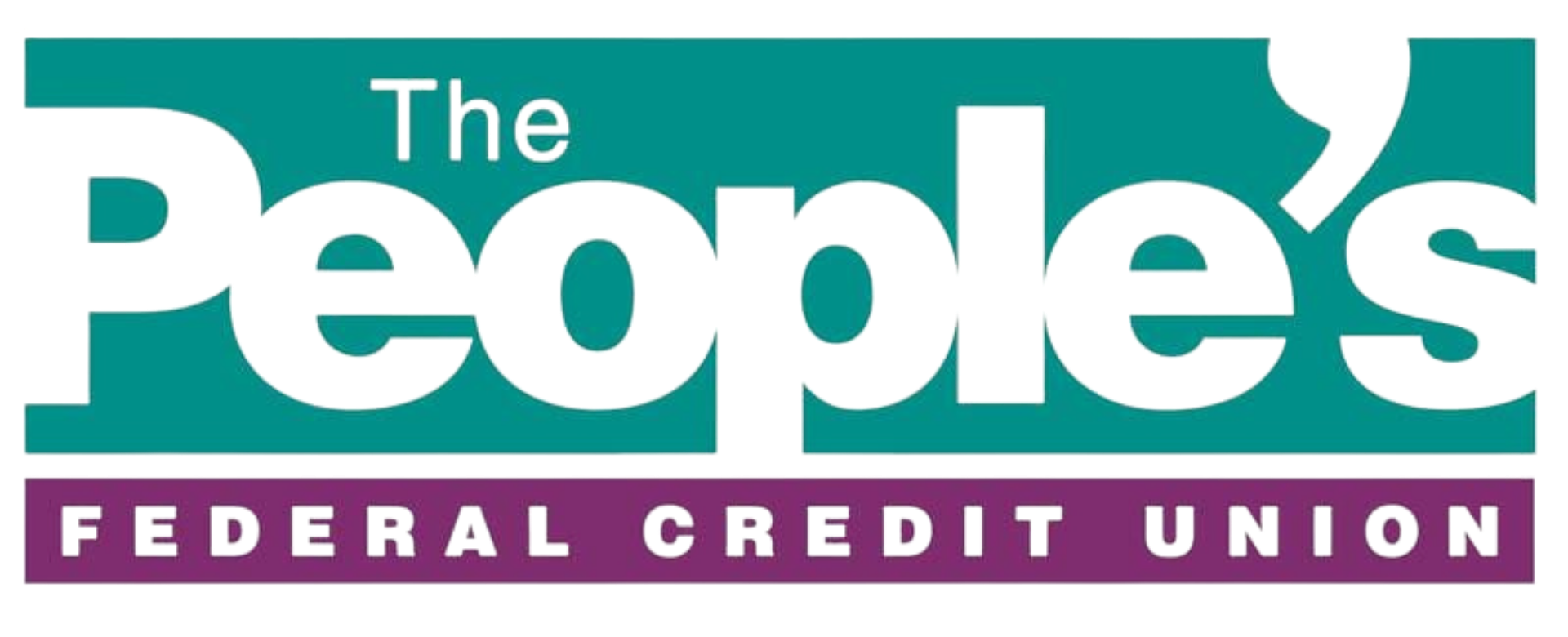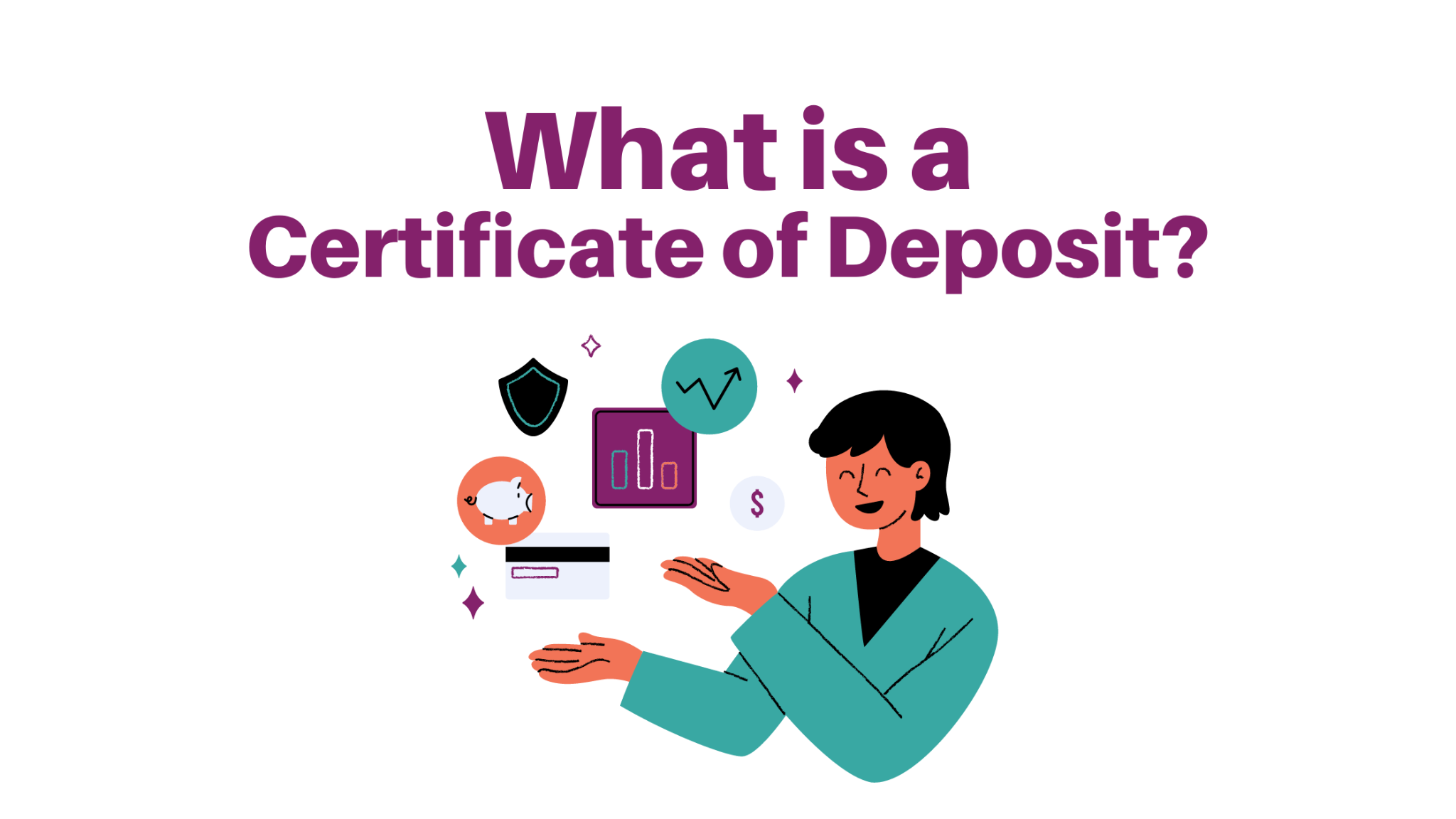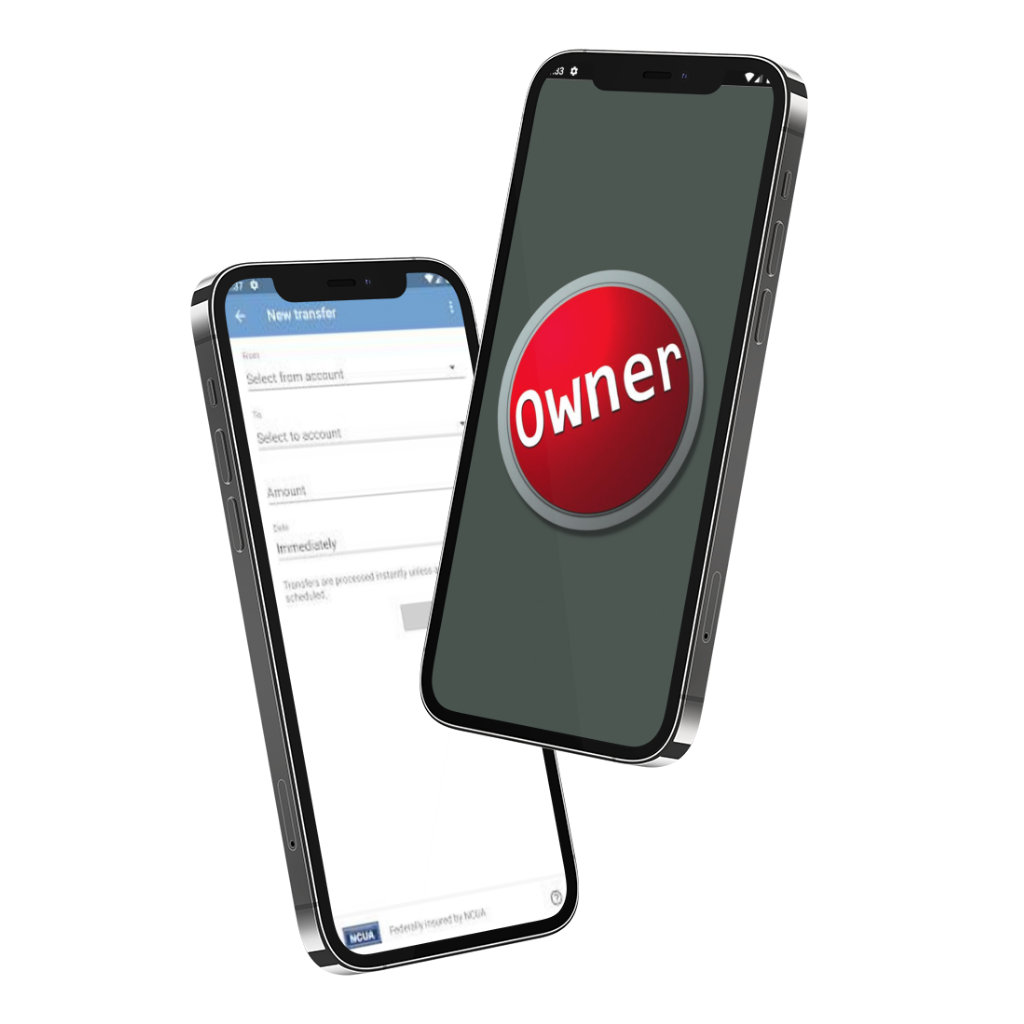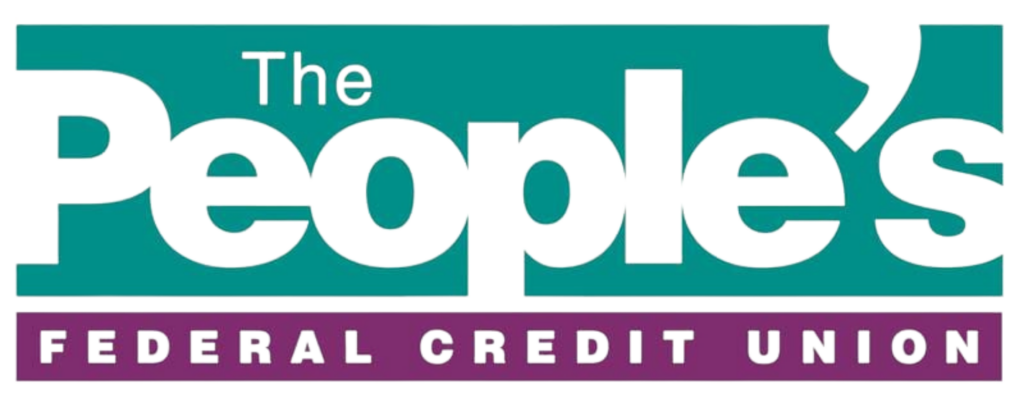Money is just as essential for paying for products and services in foreign countries as it is here at home. Whether you’re planning a trip to Mexico, Canada, or farther away overseas to Asia or Europe, making the most of your money and reducing your travel costs can help you enjoy your trip without having to break the bank.
Here are our top tips for staying money-conscious and reducing unnecessary spending while traveling the world.
How to Pay in Foreign Countries
Paying in U.S. Currency
Some countries, like Mexico and Canada and parts of Central America, will accept U.S. currency for payment. However, the main drawback to using U.S. currency is you are often charged more by the retailer simply because they are doing you a service, and they will have to get the currency exchanged to use it. In addition, the number of places that will accept U.S. currency can be few and far between.
Rather, it is a good idea to exchange your U.S. currency for some foreign currency, with help from your local credit union to get advice on the best places to exchange currency before leaving the country. This way, you will have some local currency on hand that tends to garner somewhat more favorable prices when paying cash. It will also make the beginning of your trip easier, as you won’t have to worry about finding a fair currency exchange the minute you arrive at your destination.
Paying with Your Debit or Credit Card
American Express and other Visa and MasterCard debit or credit cards are often widely accepted in foreign countries. Before leaving home, check with your debit or credit card company to see if the card can be used outside the U.S., as not all cards can, and research how widely your card is accepted in your destination country. It is also highly recommended to inform your card issuer of your travel dates and where you will be traveling so they will not decline transactions.
Another thing to remember when paying with your debit or credit card while abroad is that there can be added fees on top of an exchange rate conversion fee. Inquire about these fees ahead of time so you can decide if it might be better to pay in cash or use a prepaid travel card instead. When you speak to them, remember to ask for a toll-free international number you can call should you experience any problems using your card.
Foreign Currency Exchange
To get the best foreign currency exchange rates, make sure to do it through a local bank or financial institution. If you wait and do it at the airport or at “tourist” exchange locations, the fees for exchanging currency are often much higher. If you do find yourself abroad and in need of more foreign currency, visit a local bank in that country instead.
Travelers Checks
Although not as common as cash and credit cards, you could also carry some traveler’s checks with you instead of large sums of cash. They offer added security while traveling and can be easily replaced if lost or stolen. Just keep in mind, not all merchants will accept traveler’s checks, which limit their usefulness.
Travel Cards
Travel credit cards are another option when you do not want to use your own credit or debit cards. You can prepay a set amount on the card and use it anywhere MasterCard or Visa is accepted to pay for goods and services. Using travel cards can earn you travel credits and help you avoid costly annual fees usually required by regular debit or credit cards.
How to Save Money While Traveling
Travel costs can pile up very quickly and result in a much bigger dent in your savings and budget if you’re not careful. If you’re looking to travel without breaking the bank, here are some of our top tips for saving money while abroad.
Plan Ahead
Although last-minute deals can offer large discounts on hotel rooms or flights, they can make many other aspects of your travel more expensive. Instead, planning ahead and making bookings and reservations ahead of time can help you find cheap flights and hotels, while also giving you the chance to save on attractions and other activities.
Many tour companies and airlines offer early bird packages and flight deals that can help you lower the cost of must-do activities and must-see sights by making a deposit or paying in full beforehand.
Create a Budget
Travel budgeting is one of the best ways to reduce the cost of travel and save money even while you’re abroad. Researching the cost of flights, hotels, food, activities, and other expenses you may encounter will give you a good idea of how much you need to save and how much you can spend every day of your trip.
Keeping your daily budget in mind will help you keep your travel costs manageable and keep you from spending more than you can afford on your trip.
It’s also a great way to learn more about the country you’re visiting and discover new attractions and sights you want to see.
Pack Light
Checked bag fees can quickly pile up and make a big dent in your travel budget. Investing in a quality carry-on suitcase or backpack instead, and packing only what is allowed in the cabin is a great way to reduce costs and avoid paying for luggage.
In many cases, opting to buy flight tickets without checked luggage can save you hundreds of dollars and make your travel experience even more hassle-free.
Travel Off-Peak
Traveling during the peak season can cost a lot more than traveling off-season. In summer, hotels, activities, and attractions in European and South American destinations can be much more expensive than in winter.
By traveling to these destinations during the off-season, you can save a lot of money, make your travels more affordable, and maintain your savings even as you enjoy your holiday.
Opt for Hotel Alternatives
In many cases, hotel rooms can be a lot more expensive than alternatives like hostels, apartments, and house shares. Renting an apartment with friends or choosing to stay in a hostel dorm can shave hundreds, if not thousands, of dollars off your travel budget and make your trip infinitely more affordable.
Travel with Friends
Although international travel can be expensive, splitting the cost with a group of friends can be a great way to reduce your expenses. Renting an apartment or AirBnB, splitting meals, or hiring a car and sharing the cost are all great ways to make the most of your trip without spending more than you can afford.
Shop at Grocery Stores
Dining at restaurants and take-outs can quickly become a very expensive activity that eats into your travel budget. Instead, opt to buy groceries from local stores and cook your own meals whenever possible so you can reduce your expenses. Better yet, learn how to cook dishes from the country you’re visiting to immerse yourself even more fully into your travel experience.
Get Travel Insurance
Travel insurance is a great way to ensure you won’t lose money for missed flights or lost or stolen luggage. Many financial institutions offer travel insurance to their customers to help protect them against unexpected losses and expenses down the road.
Take Advantage of a Credit Union

Unlike many other financial institutions, credit unions put their members first and understand the importance of educating and advising them on how to manage their expenses while traveling. With The People’s Federal Credit Union, you not only get access to a range of financial products and services but can make use of our expertise and experience advising our members to make the most of their travel budgets.
To learn more about travel cards, traveler’s checks, foreign currency exchange advice on the best places to exchange currency, and other money tips for traveling abroad, please feel free to stop by the nearest The People’s Federal Credit Union location or call us at 806-359-8571 today!







